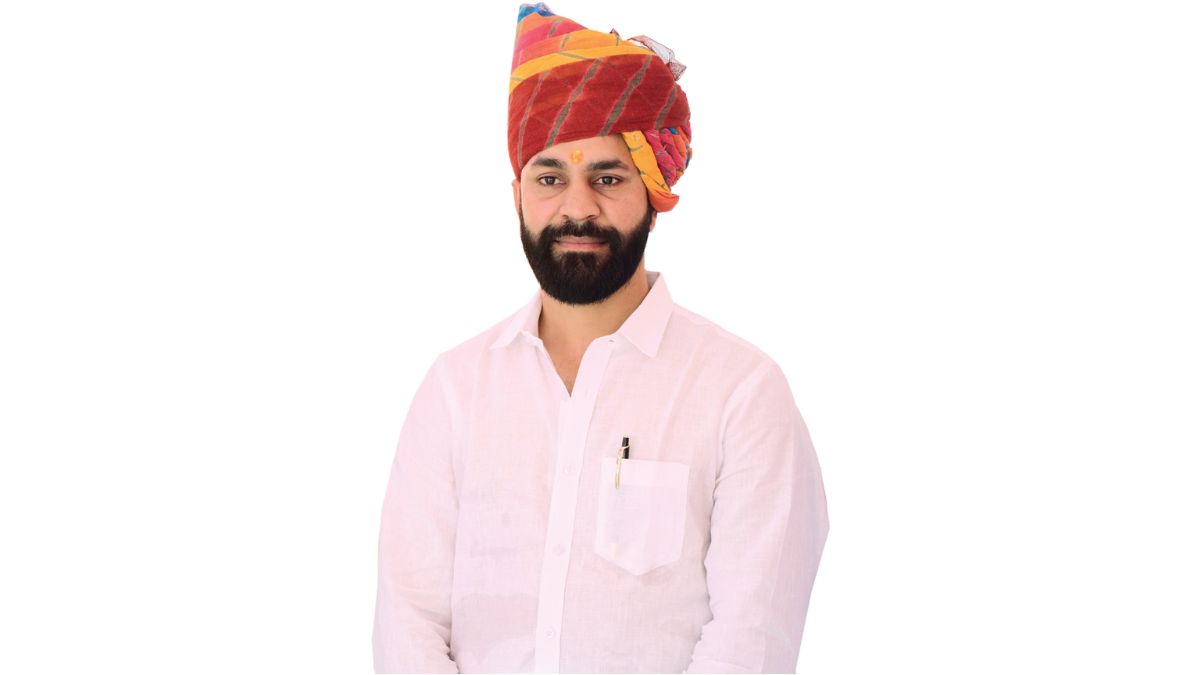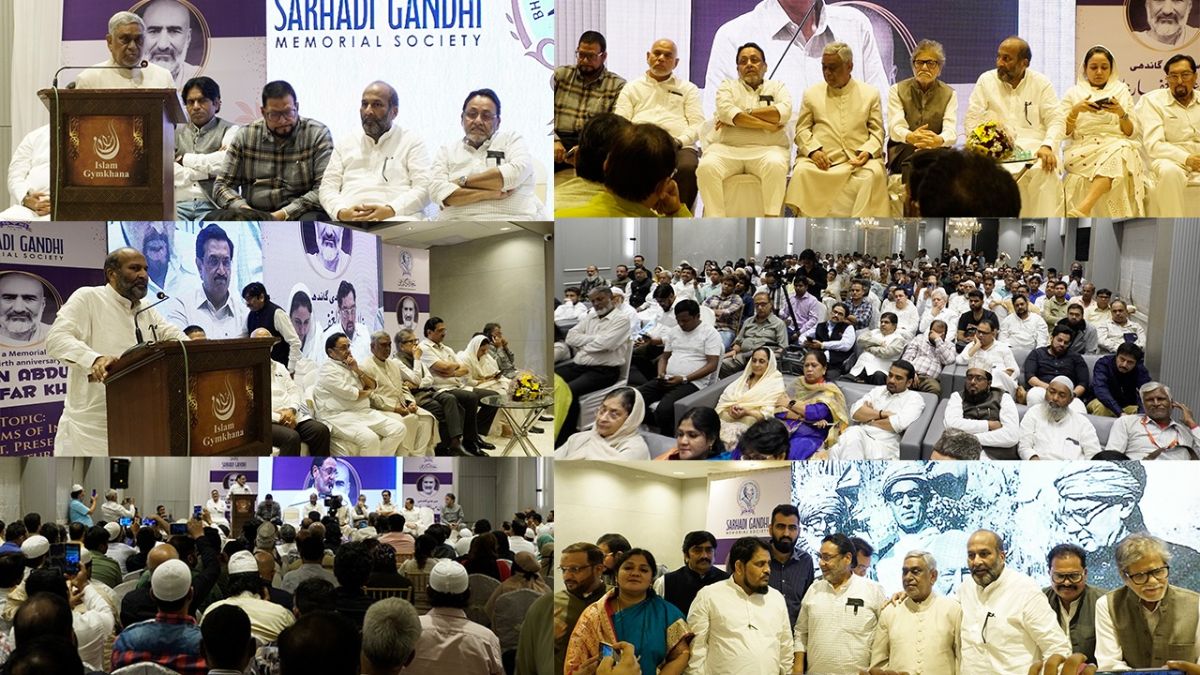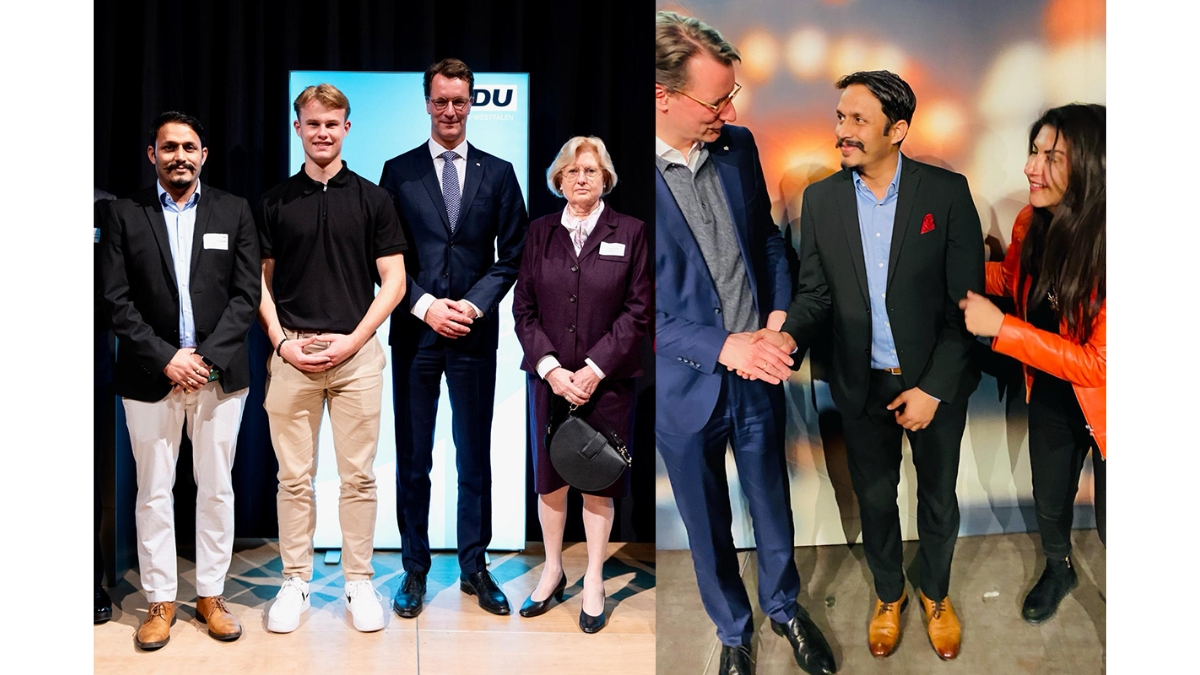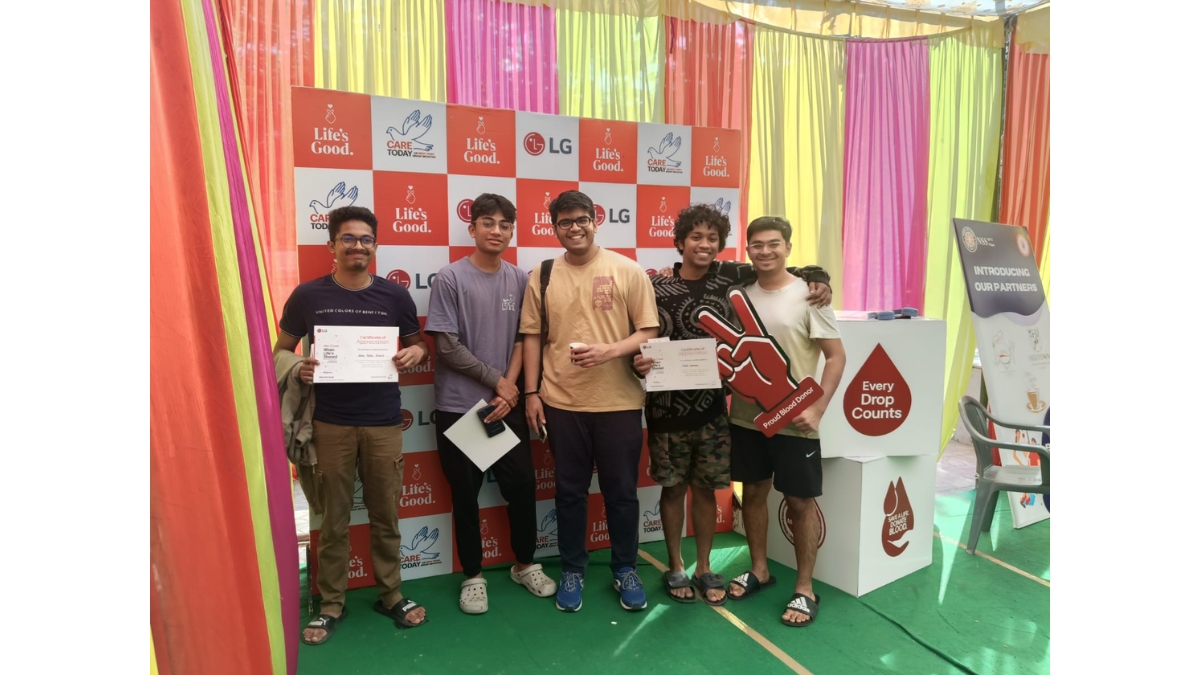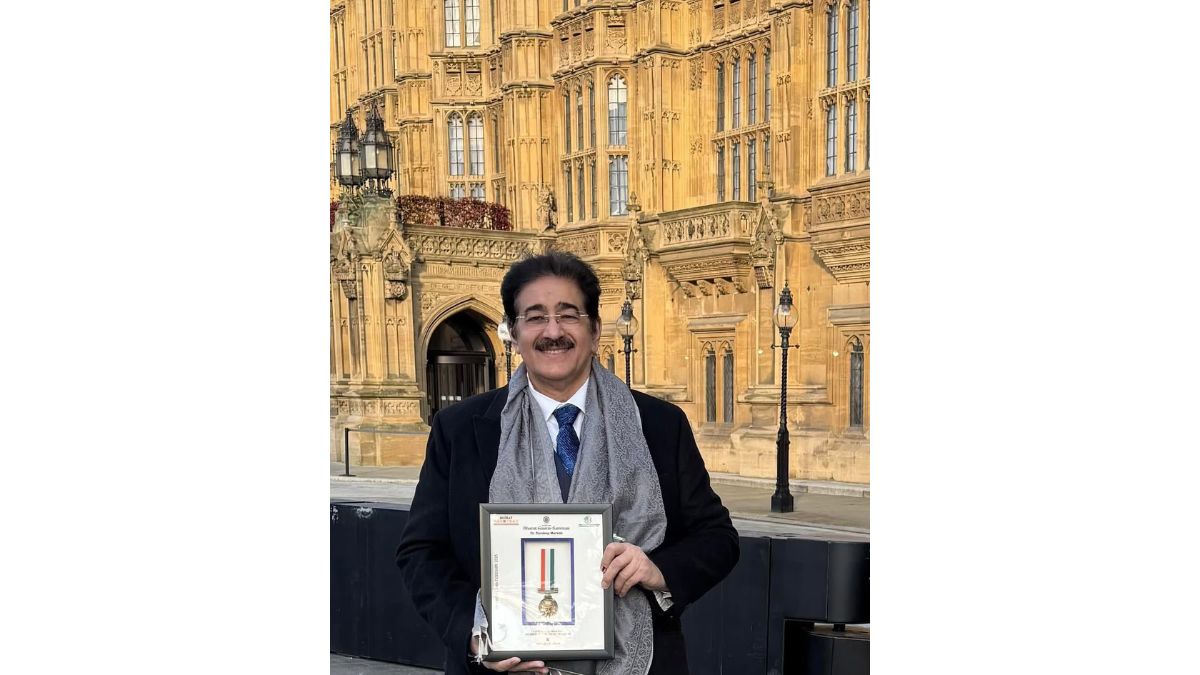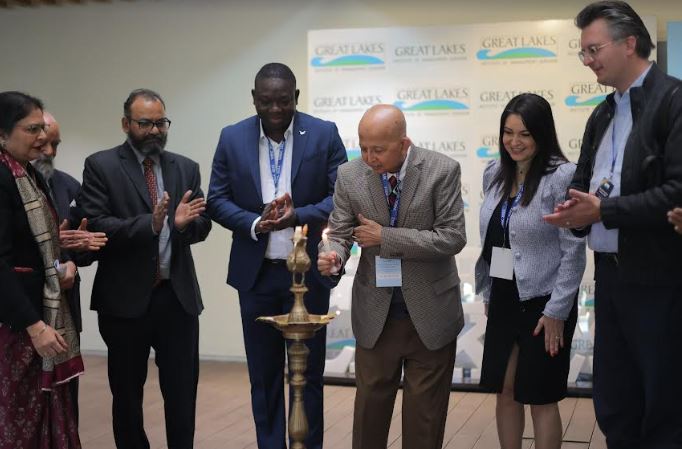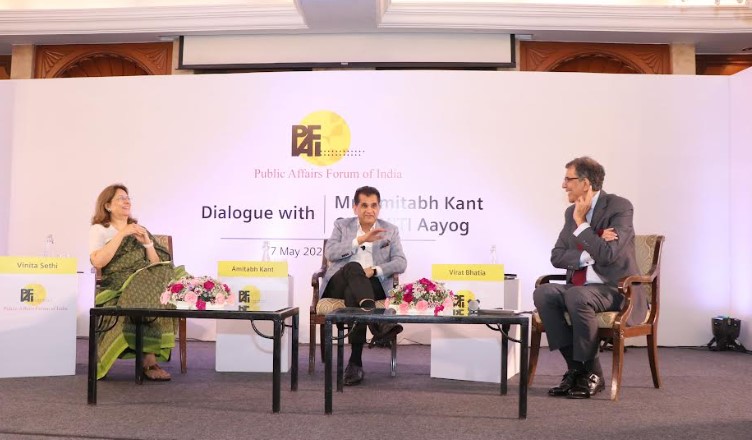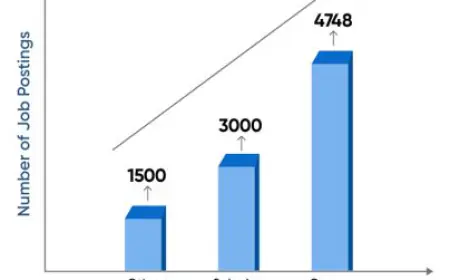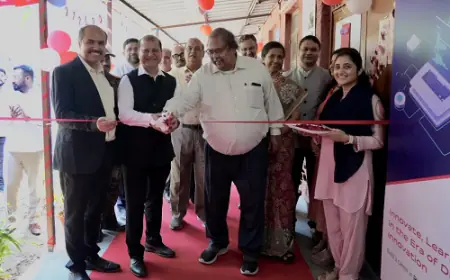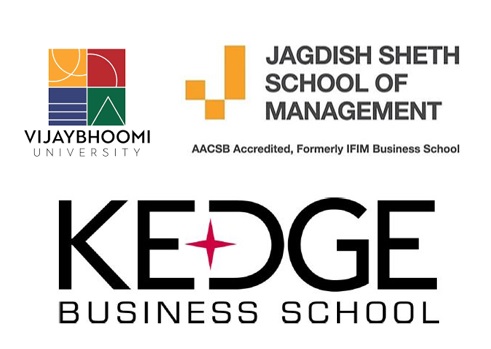Impact of NEP on the Foundation of Learning – discusses Pranav Gupta of Ashoka University
New Delhi (India), August 11: In the ever-changing landscape of education, the National Education Policy (NEP) 2020 has emerged as a fresh, transformative shift in India’s learning ecosystem. Aimed at empowering learners and nurturing holistic development, the policy intends to revamp the foundation of learning, inspiring young minds to soar to greater heights. Pranav GuptaAshoka University, Founder and [...]
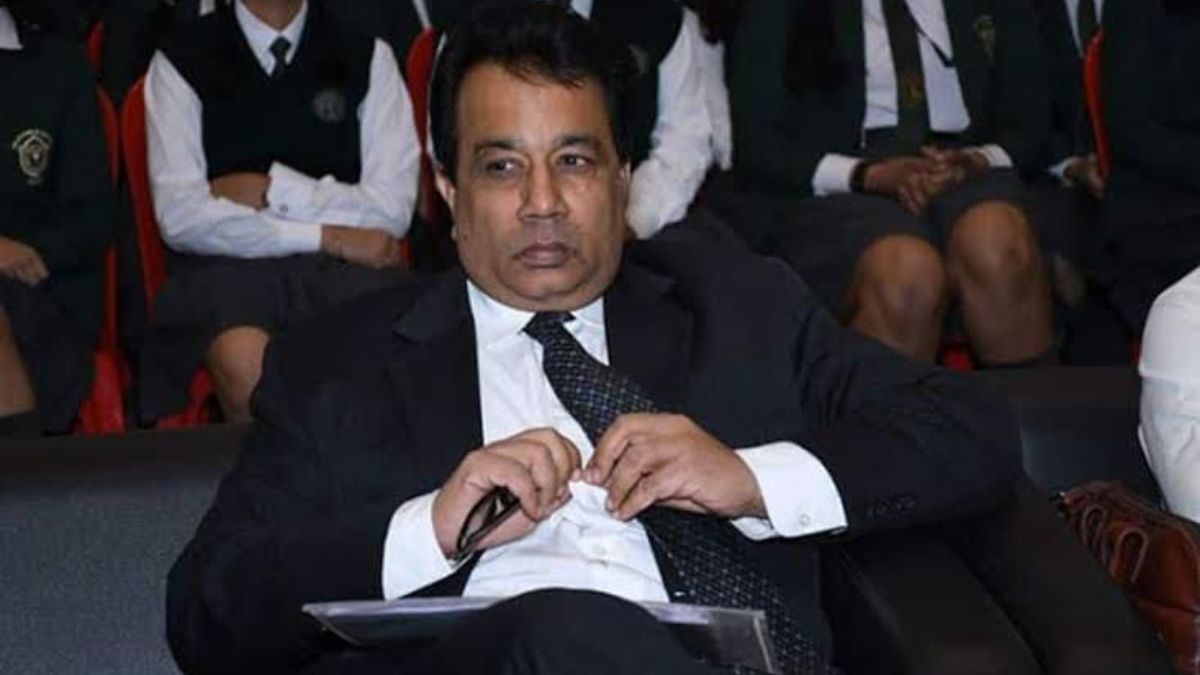

New Delhi (India), August 11: In the ever-changing landscape of education, the National Education Policy (NEP) 2020 has emerged as a fresh, transformative shift in India’s learning ecosystem. Aimed at empowering learners and nurturing holistic development, the policy intends to revamp the foundation of learning, inspiring young minds to soar to greater heights. Pranav GuptaAshoka University, Founder and a renowned educationist, believes that NEP 2020 is the catalyst needed to drive a paradigm shift in India’s education system. In his words, “The NEP 2020 has paved the way for a new era of learning, one that fosters creativity, critical thinking, and a passion for lifelong learning.”
One of the most significant aspects of NEP 2020 is its focus on Early Childhood Care and Education. By acknowledging the importance of a child’s formative years from age 3 onwards, the policy seeks to lay a strong foundation for future learning endeavours and empower children to embrace curiosity and learn through play, setting the stage for a lifetime of learning.
Another key highlight of the policy is the promotion of multilingualism. Recognizing the linguistic diversity of India, it advocates for including regional languages in early education. This multilinguistic approach celebrates the richness of our cultural heritage, fostering a deeper connection between students and their roots. “The NEP, rooted in ‘Indianness’, will promote learning mother tongue and lay great emphasis on Indian languages and Indian knowledge systems,” highlights Union Education Minister Dharmendra Pradhan.
Apart from it, the policy introduces a revolutionary approach to assessments, advocating for a shift from rote memorization to competency-based learning. This student-centric evaluation system aims to assess a learner’s overall development and skills. Pranav Gupta Ashoka University Founder, passionately advocates this transformation, asserting, “NEP 2020 redefines success, measuring it by a student’s ability to apply knowledge in real-life situations, empowering them with essential skills beyond examinations.” Alongside that, thepolicy places a strong emphasis on integrating technology into the learning process. By leveraging digital tools and resources, the policy envisions a more interactive and immersive learning experience. Realising the potential of this integration, Founder of Ashoka University Pranav Gupta adds, “Incorporating technology enhances accessibility and inclusivity, enabling students from diverse backgrounds to engage with educational content on a global scale.”
The educational institutions have been restructuring the curriculum, promoting a flexible and multidisciplinary approach following the policy guidelines. By allowing students to choose subjects of their interest and fostering cross-disciplinary learning, it encourages learners to explore their passions. Additionally, the policy emphasizes the importance of vocational education, equipping students with practical skills and knowledge for employability. By bridging the gap between academia and industry, NEP 2020 envisions a future-ready workforce. The hands-on practical learning and research-oriented approach is the way to prepare them to thrive in a competitive global economy.
The National Education Policy 2020 has set the stage for a transformative era in India’s educational landscape. As the NEP celebrated its 3rd anniversary soon, Prime Minister Narendra Modi inaugurated the event in New Delhi recently with the objective to discuss, deliberate, and share insights on various aspects of the policy and its implementation. “The world is looking at India as a nursery of new possibilities. The NEP aims to make India a hub of research and innovation. The policy has given equal importance to traditional knowledge systems and futuristic technology,” stated PM Modi.
India’s commitment to quality education and its progressive vision through the policy redefines the foundation of learning, empowering learners to unlock their full potential.
If you have any objection to this press release content, kindly contact pr.error.rectification[at]gmail.com to notify us. We will respond and rectify the situation in the next 24 hours.


